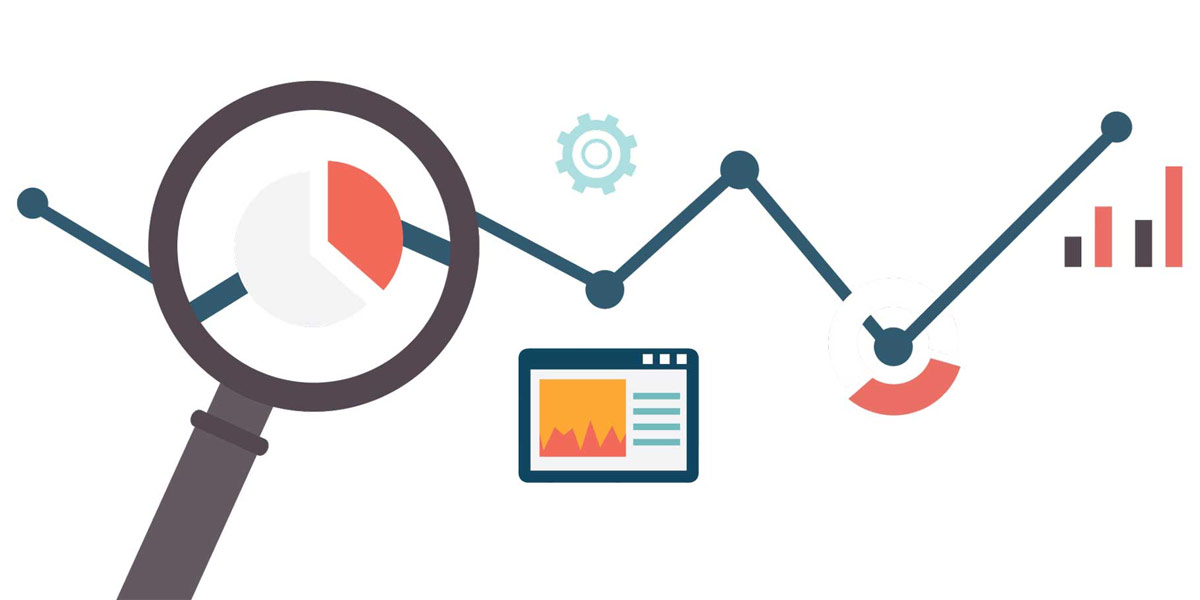The Best SEO Analyzer Tools in 2023

Search engine optimization (SEO) is a crucial component of any digital marketing strategy. In today’s competitive digital landscape, it’s essential to optimize your website to rank higher in search engine results pages (SERPs). One of the most effective ways to improve your website’s SEO is by using an SEO analyzer tool. In this article, we will explore the ins and outs of an SEO analyzer, its benefits, and how to use it effectively to improve your website’s SEO.
What is an SEO Analyzer?
An SEO analyzer is a tool that analyzes your website’s SEO and provides recommendations for improvement. It can identify technical issues, suggest keyword optimizations, and analyze your backlinks, among other things. SEO analyzers are designed to help you optimize your website for search engines like Google, Bing, and Yahoo.

How Does an SEO Analyzer Work?
An SEO analyzer works by crawling your website and analyzing its structure, content, and backlinks. It uses algorithms to analyze your website’s metadata, HTML tags, and content to determine how well it is optimized for search engines. Some analyzers also perform competitor analysis, backlink analysis, and keyword research to help you identify opportunities for improvement.
The most popular SEO Analyzers
| Website | Description |
|---|---|
| Neil Patel SEO Analyzer | A free SEO audit tool that provides an overall score for a website along with a detailed report. |
| SEOptimer | A free SEO audit tool that provides an overall score for a website along with a detailed report. |
| Website Grader | A free tool by HubSpot that analyzes a website’s performance, SEO, and mobile responsiveness. |
| WooRank | Provides a comprehensive SEO analysis of a website with actionable recommendations. |
| Ubersuggest | Offers a range of SEO tools including a site audit, keyword research, and backlink analysis. |
| Sitechecker | An all-in-one SEO platform that provides a website audit, keyword research, and backlink analysis. |
| Raven Tools | Offers a range of SEO and marketing tools including a site audit, keyword research, and backlink analysis. |
| SE Ranking | Provides a site audit, competitor analysis, and keyword research tools to help improve SEO performance. |
| SEO Site Checkup | Provides a comprehensive SEO analysis of a website along with a detailed report. |
Benefits of Using an SEO Analyzer
Save Time and Effort
SEO analyzers can save you a lot of time and effort by automating the process of identifying technical issues and suggesting optimizations. Instead of manually reviewing your website and trying to identify areas for improvement, you can use an analyzer to quickly identify and address issues.
Identify Technical Issues
One of the primary benefits of using an analyzer is its ability to identify technical issues that may be affecting your website’s SEO. This includes issues like broken links, missing alt tags, slow page speed, and more. By addressing these issues, you can improve your website’s SEO and user experience.
Improve Website Traffic and Rankings
Analyzers can help you improve your website’s traffic and rankings by identifying opportunities for optimization. By analyzing your website’s content, keywords, and backlinks, an analyzer can help you identify opportunities to improve your website’s visibility and ranking in search engine results pages (SERPs).
Track Competitors
Many analyzers also offer competitor analysis features, allowing you to compare your website’s SEO performance to that of your competitors. This can help you identify areas where you can improve your website’s SEO and stay ahead of the competition.
Monitor Website Health
An analyzer can also help you monitor your website’s health by regularly scanning your website for technical issues and suggesting optimizations. By monitoring your website’s health, you can address issues before they become a problem and ensure that your website is always performing at its best.

Types of SEO Analyzers
There are several types of SEO analyzers, each designed to analyze different aspects of your website’s SEO. Here are some of the most common types of analyzers:
On-Page SEO Analyzer
An on-page SEO analyzer focuses on analyzing the content and structure of your website’s pages. It can analyze things like page titles, meta descriptions, heading tags, keyword usage, and content quality to determine how well each page is optimized for search engines.
Off-Page SEO Analyzer
An off-page SEO analyzer focuses on analyzing your website’s backlink profile. It can identify the quality and quantity of backlinks pointing to your website, as well as any potential issues like broken links or spammy links.
Technical SEO Analyzer
A technical SEO analyzer focuses on analyzing the technical aspects of your website’s SEO, such as page speed, mobile-friendliness, and crawlability. It can identify issues like broken links, missing alt tags, and duplicate content, as well as provide recommendations for optimization.

Features of an SEO Analyzer
Different analyzers offer different features, but here are some of the most common features you can expect to find in an analyzer:
Keyword Analysis
Keyword analysis involves analyzing your website’s content and identifying relevant keywords to target for optimization. An analyzer can help you identify which keywords your website is currently ranking for, as well as suggest new keywords to target.
Backlink Analysis
Backlink analysis involves analyzing your website’s backlink profile and identifying opportunities for improvement. An analyzer can help you identify high-quality backlinks, as well as potential issues like broken or spammy links.
Site Audit
A site audit involves analyzing your website’s technical SEO to identify any issues that may be affecting its performance. An analyzer can help you identify issues like broken links, missing alt tags, and duplicate content, as well as provide recommendations for optimization.
Competitor Analysis
Competitor analysis involves analyzing your competitors’ SEO performance to identify opportunities for improvement. An analyzer can help you identify which keywords your competitors are targeting, as well as which backlinks they are using.
Rank Tracking
Rank tracking involves tracking your website’s ranking in search engine results pages (SERPs) for specific keywords. An analyzer can help you track your website’s ranking over time, as well as identify opportunities for improvement.

How to Choose an SEO Analyzer
When choosing an SEO analyzer, there are several factors to consider, including:
Features
Consider the features you need to effectively analyze your website’s SEO. Some analyzers may offer more advanced features, but may also be more expensive.
Ease of Use
Choose an analyzer that is easy to use and provides clear recommendations for optimization.
Cost
Consider the cost of the analyzer and whether it fits within your budget.
Reputation
Choose an analyzer with a good reputation and positive reviews from other users.
Tips for Using an SEO Analyzer
Here are some tips to help you use an SEO analyzer effectively:
Set Clear Goals
Set clear goals for your website’s SEO and use the data provided by the analyzer to make informed decisions about how to achieve those goals.
Regularly Monitor Your Progress
Regularly monitor your website’s progress using the analyzer and make adjustments as needed to improve your website’s SEO performance.
Use the Data to Make Informed Decisions
Use the data provided by the analyzer to make informed decisions about which keywords to target, which backlinks to build, and which optimizations to make.

Conclusion
An SEO analyzer is a powerful tool for improving your website’s SEO performance. By analyzing your website’s content, keywords, backlinks, and technical aspects, an analyzer can help you identify opportunities for improvement and provide recommendations for optimization. When choosing an SEO analyzer, consider the features you need, the ease of use, the cost, and the reputation of the tool. To use an analyzer effectively, set clear goals for your website’s SEO, regularly monitor your progress, and use the data to make informed decisions about how to improve your website’s SEO performance.
FAQs
What is an SEO analyzer?
An SEO analyzer is a tool that analyzes different aspects of your website’s SEO, such as content, keywords, backlinks, and technical aspects, to identify opportunities for improvement and provide recommendations for optimization.
What types of SEO analyzers are there?
There are several types of SEO analyzers, including on-page analyzers, off-page analyzers, and technical analyzers.
What features can I expect to find in an SEO analyzer?
An analyzer may offer features like keyword analysis, backlink analysis, site audit, competitor analysis, and rank tracking.
How do I choose an SEO analyzer?
When choosing an analyzer, consider the features you need, the ease of use, the cost, and the reputation of the tool.
How do I use an SEO analyzer effectively?
To use an SEO analyzer effectively, set clear goals for your website’s SEO, regularly monitor your progress, and use the data to make informed decisions about how to improve your website’s SEO performance.

